Free shipping
Support available 9 am – 5 pm (Mon-Fri)
Secure Payments
Best price guarantee
Live Compost Worms For Composting
£19.95 – £29.95
Out of stock
Our Wiggly Wigglers Turn Your Organic Waste Into Nutrient-rich Compost
Our live compost worms are a mixture mainly of reds and dendras, and they are selected for their unique ability to break down food and organic waste into valuable food for your plants and garden. Compost worms are known as tiger worms, brandlings, reds, and dendras. All of them will work really well in your wormery.
We use a mix of species, as some types of worms have a preference for slightly more acidic conditions, while others thrive in neutral or slightly alkaline environments. By creating a mix of these species, you can create a balanced and adaptable ecosystem within your wormery
This diversity ensures that the vermicomposting process is more robust and effective, as it caters to the needs and preferences of a broader range of worms. As a result, your organic matter is processed more efficiently, and your wormery produces high-quality vermiculite and liquid fertilizer.
Our live compost worms are surface litter worms, meaning, unlike the usual worms you find in your garden, surface litter worms like to work in the top few inches of the soil, which is perfect for your wormery. These worms are vigorous breeders; they mature in a matter of weeks and can lay an egg every 10 days, so they are prolific at eating, composting, and breeding. Its also important to note that composting worms live on the surface and are not the same as normal earthworms available in your garden.
Our Urbalive worm farms work great with our worms but you can add our worms to any new or existing wormery bin
We also recommend our wormery starter kits when buying new composting worms or extra worms
Please note: all our worms are now sold by weight. 1kg of composting worms contains approximately 1600 to 2000 worms. We recommend using a pH meter to check the level of acidity in your wormery. Good composting conditions are achieved when the contents are close to pH 7.
Compost Worms FAQ
Can you just put worms in your compost?
Yes, you can add our live compost worms directly to your compost heap. They will help to break down the organic matter and turn it into nutrient-rich compost for your plants. However, it is recommended that you use a worm farm or wormery to contain the worms and their castings. This helps keep them away from predators such as birds and creates an ideal environment for them to thrive. Wormeries also make it easier to harvest the compost, worm castings, and worm tea.
How many worms should you start with for composting?
The amount of worms you need to start with for vermicomposting will vary depending on the size of your compost bin and the amount of organic waste (worm food) you will be feeding your compost worms. However, a general guideline is to start with approximately 450 grams of composting worms. This usually translates to about 1,000 to 2,000 individual worms, such as red wigglers (Eisenia fetida) or tiger worms (Eisenia andrei or Eisenia fetida).
What type of worm is best for composting?
Two of the most popular types of worms for composting are red wigglers (Eisenia fetida) and tiger worms (Eisenia andrei or Eisenia fetida). Both of these types have characteristics that make them suitable for vermicomposting, such as their eating habits, rate of reproduction, and ability to adjust to the compost environment. Our compost worms are a combination of both
Is worm composting worth it?
Yes! Worm composting is an easy, cost-effective way for kitchen and garden waste to be transformed into nutrient-rich plant food for your garden. Compost created with worms improves soil texture and increases drainage, making it easier for plants to absorb water and nutrients.
How do I start my own wormery?
Starting a wormery is easy. You’ll need an appropriately sized container, bedding material, food scraps, and, of course, worms! The container should have holes in the sides and bottom for aeration and drainage. Bedding materials can be anything from shredded paper or cardboard to straw, coconut coir, or peat moss. Embarking on the journey of setting up your own wormery from scratch can be quite challenging. That’s why we offer a comprehensive range of supplies in our store, specifically curated to provide everything you need to kickstart your vermicomposting adventure. Browse through our selection ofwormery products like ourWormery starter kits and our Urbalive wormery for a truly exceptional vermicomposting experience.
Can I add your worms to my existing wormery?
Yes, you can add our live compost worms to your existing wormery as long as it is large enough and has the right conditions for them to thrive. Before introducing them to their new home, make sure that your wormery is properly set up with moist bedding material (e.g., shredded paper or cardboard, straw, coconut coir, or peat. Our wormery starter kits are a great addition for introducing new worms to your wormery.
Free Shipping on orders over £20
Secure Payments
Support 24/7
Turning organic waste into valuable vermicompost with composting worms
Why Should You Be Worm Composting?
Efficient waste reduction
Compost worms play a vital role in efficiently decomposing organic matter, diverting both kitchen waste and yard waste away from landfills, and effectively reducing household waste.
Rich, nutrient-dense compost
Vermicompost is exceptionally rich in nutrients, making it an excellent organic fertilizer and soil conditioner for your garden or plants.
Liquid Fertilizer
Compost worms also generate a nutrient-dense liquid fertilizer known as vermicompost tea, often referred to as "black gold". This wonderful elixir can be directly applied to nourish your house plants and flower pots or infused into your garden soil. It offers an exceptional means of providing your garden with the essential nutrients it requires, eliminating the need for chemical fertilizers.
Improved soil structure
Adding worm compost to your soil improves its structure, aeration, and water retention, resulting in healthier and more productive plants.
Enhanced plant growth
Vermicompost offers a consistent supply of vital nutrients, fostering vigorous and flourishing plant growth. This, in turn, has the potential to enhance yields in your garden, ensuring a bountiful harvest.
Reduced reliance on chemical fertilizers (Free compost and Fertilizer)
Composting worms and the vermicompost they produce can replace or supplement chemical fertilizers, reducing the need for synthetic and potentially harmful inputs in your garden
Natural pest and disease resistance
Worm compost can boost the natural resistance of plants to pests and diseases, reducing the need for chemical pesticides.
Reduced greenhouse gas emissions
All of your kitchen scraps waste is valuable worm food! By diverting organic waste from landfills, vermicomposting helps mitigate the emission of methane, a potent greenhouse gas produced in landfill decomposition.
Easy to manage
Vermicomposting with worms is relatively low-maintenance, making it accessible to both novice and experienced gardeners. You can do it indoors or outdoors, year-round.
Educational and engaging
Vermicomposting is an excellent educational tool for teaching children and adults about the importance of recycling, soil health, and the environment. It can be a fun and engaging family or classroom activity.
Additional information
| Size | 250g, 500g |
|---|
You must be logged in to post a review.



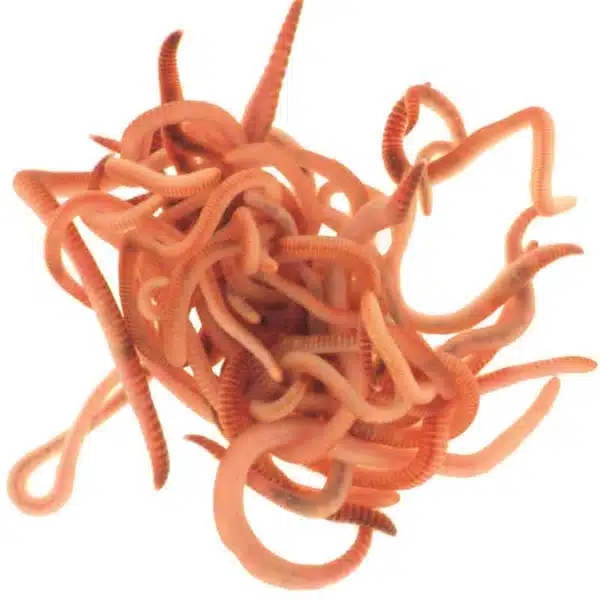
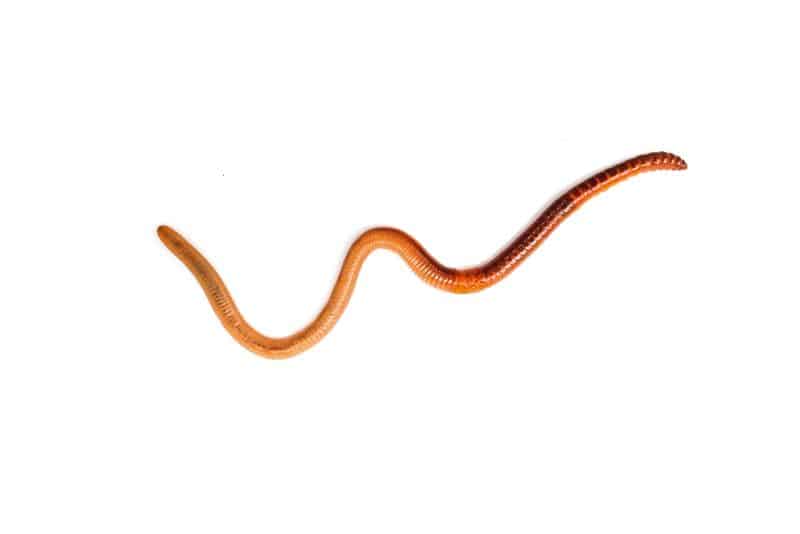
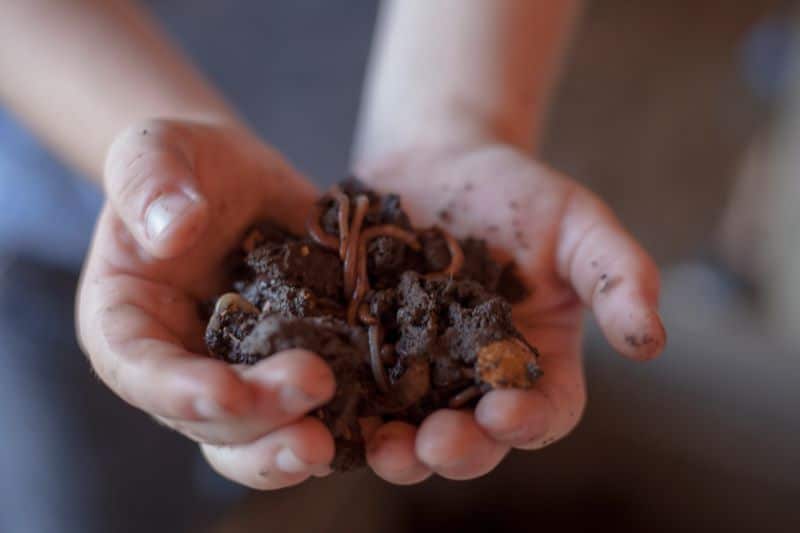
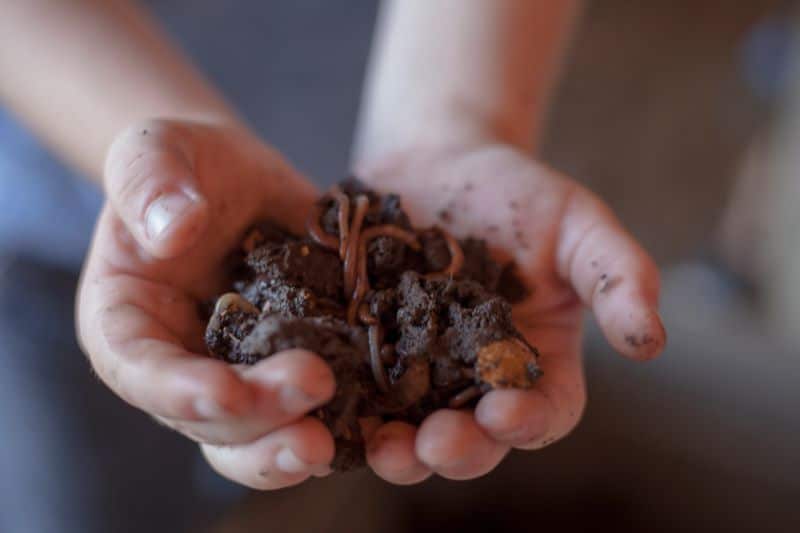
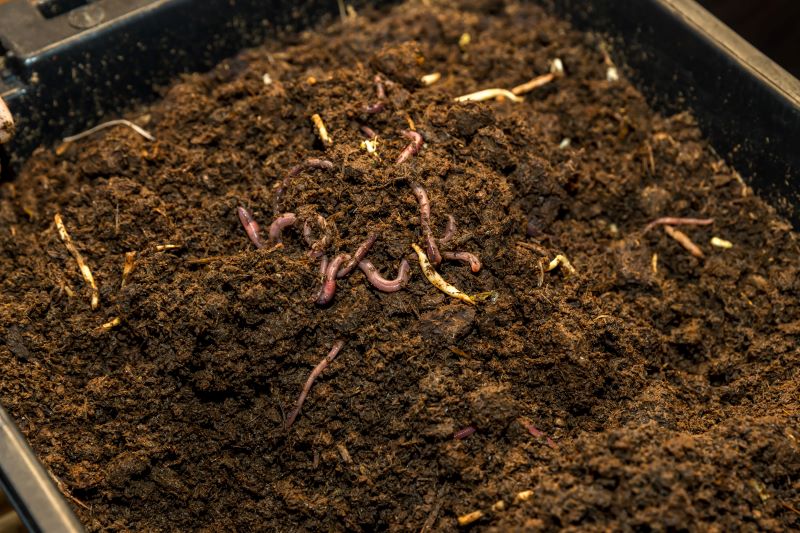
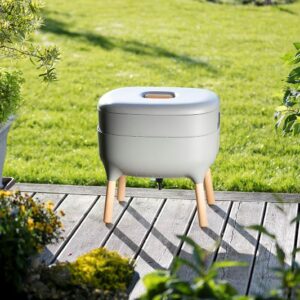



Reviews